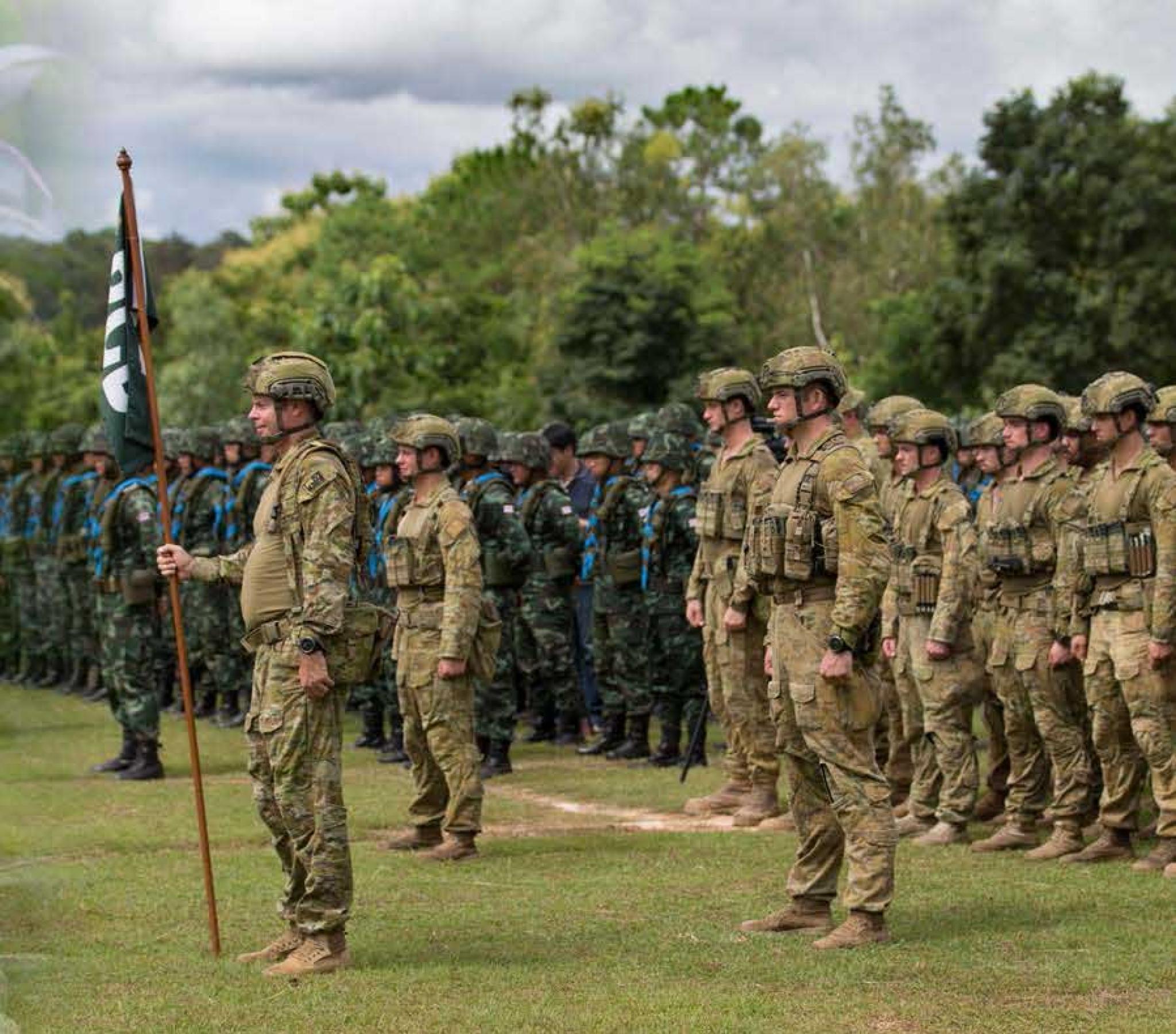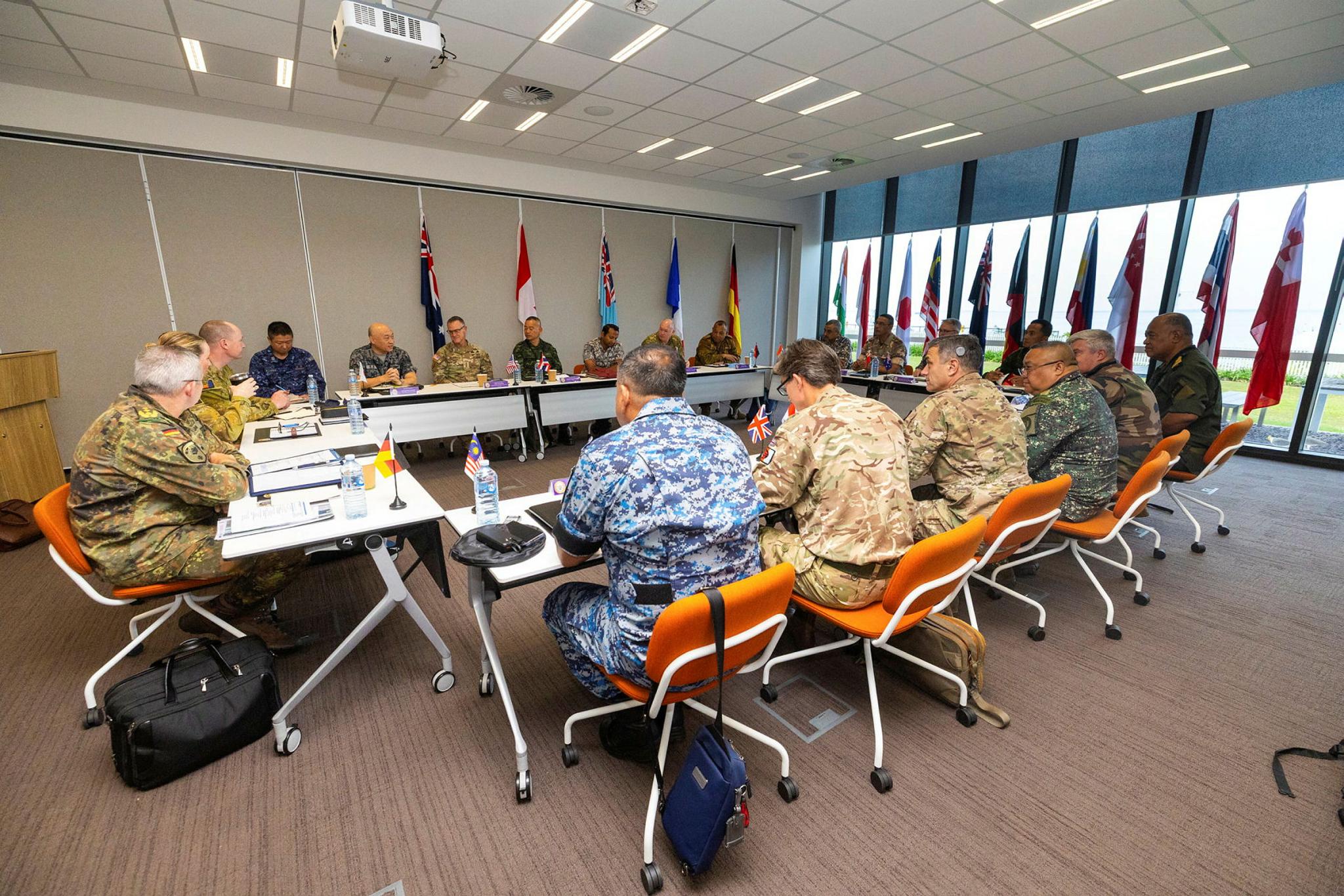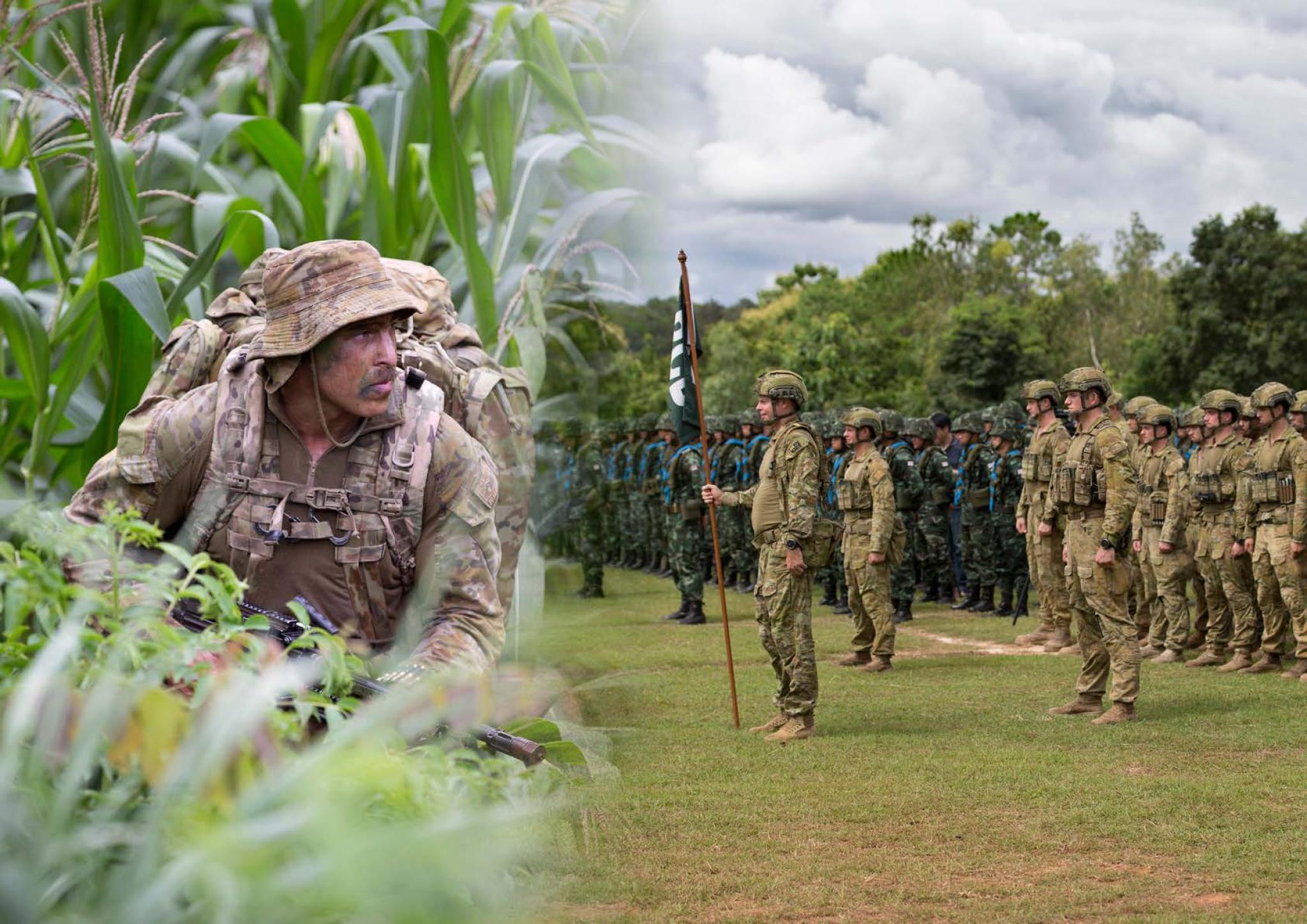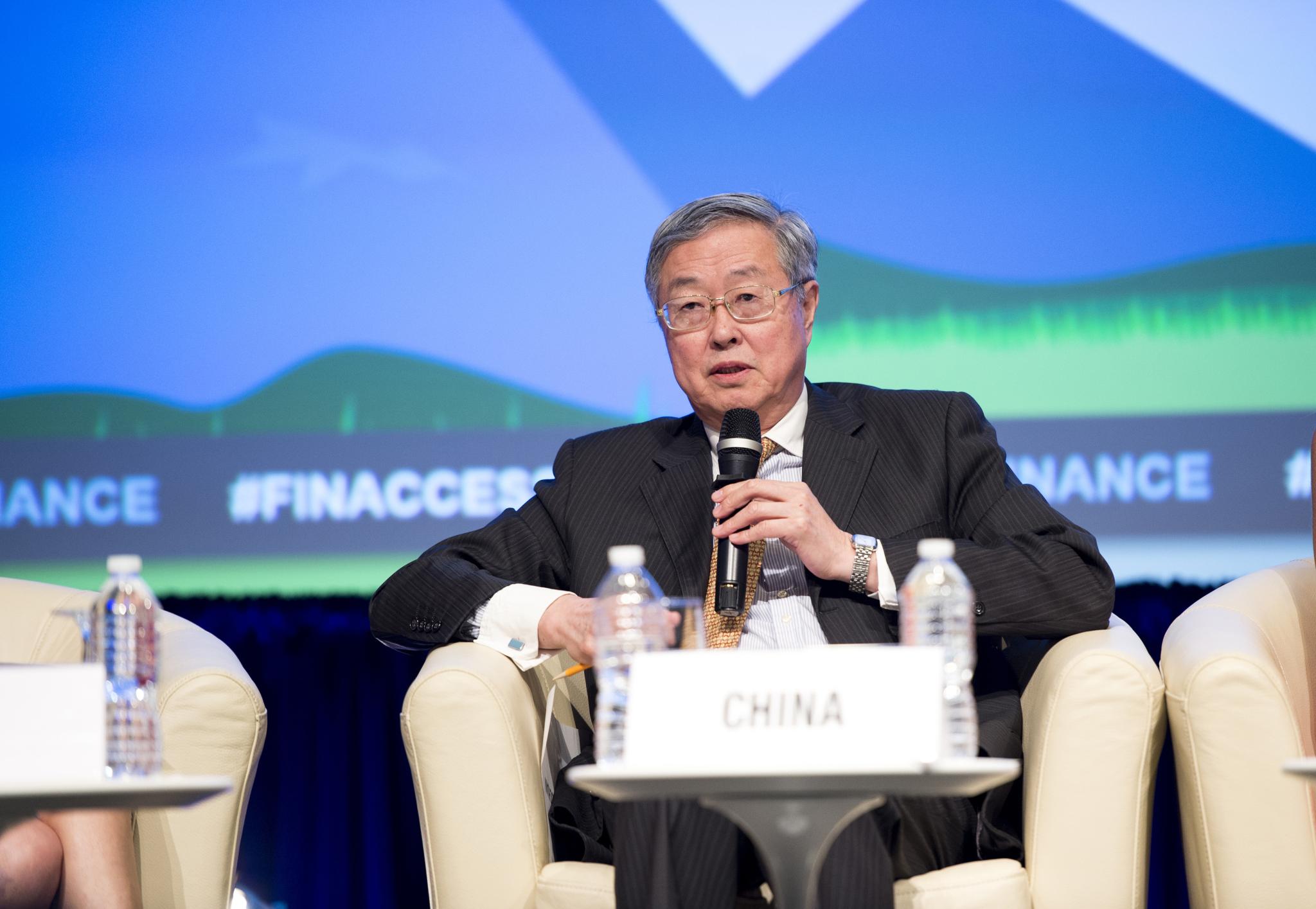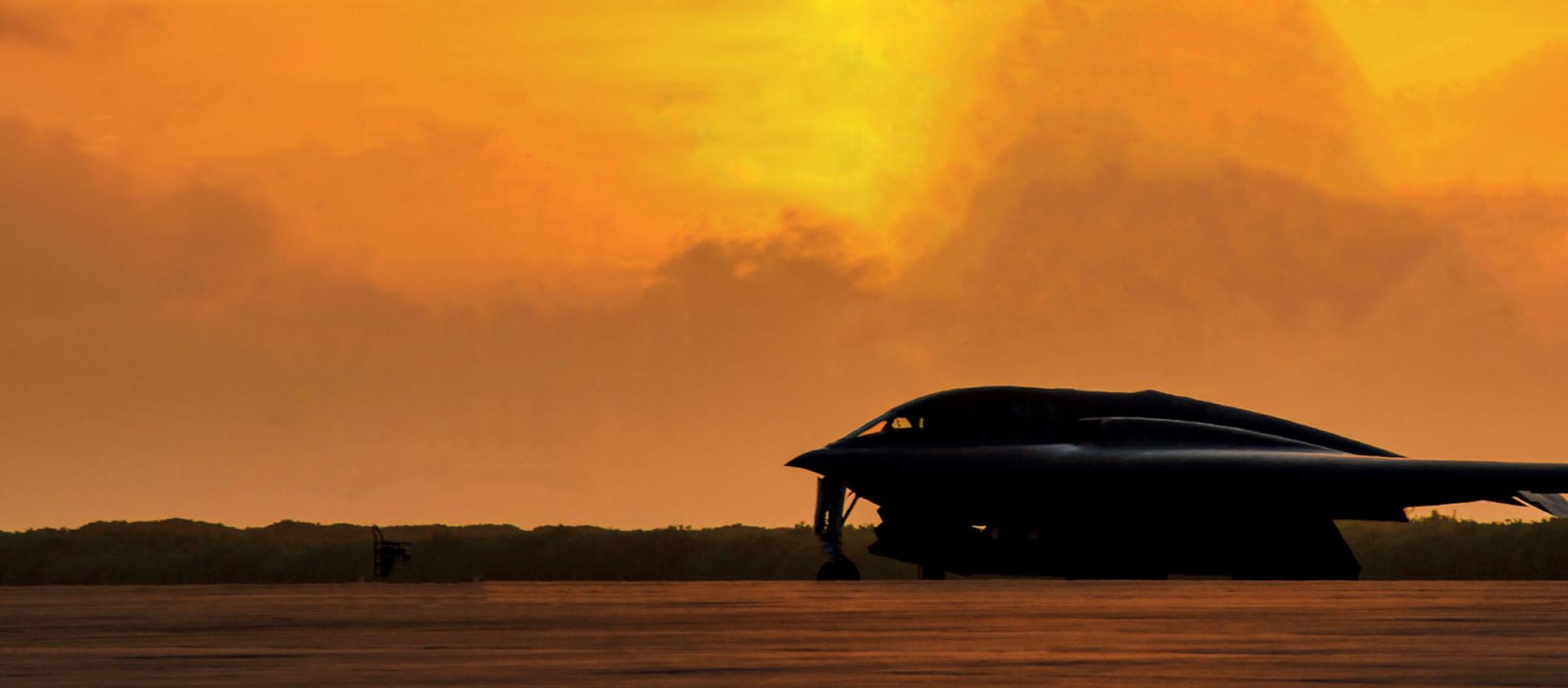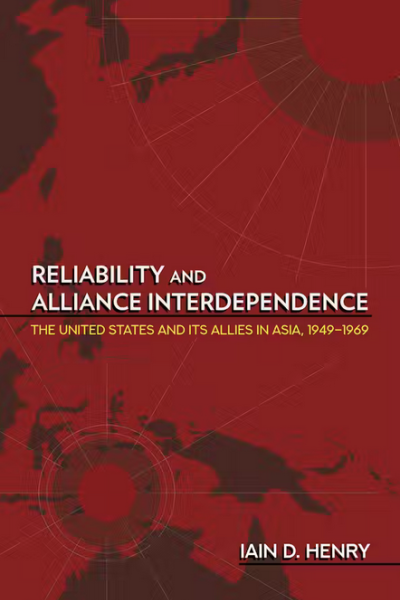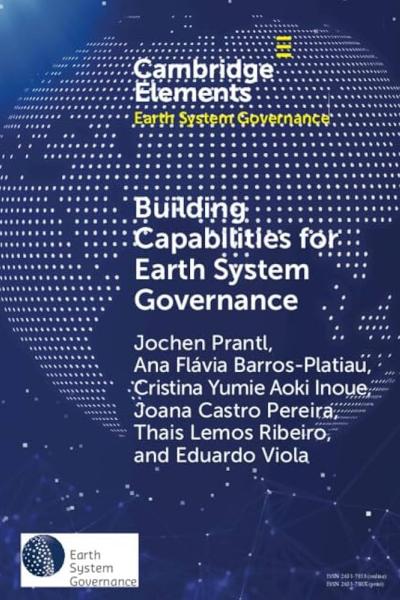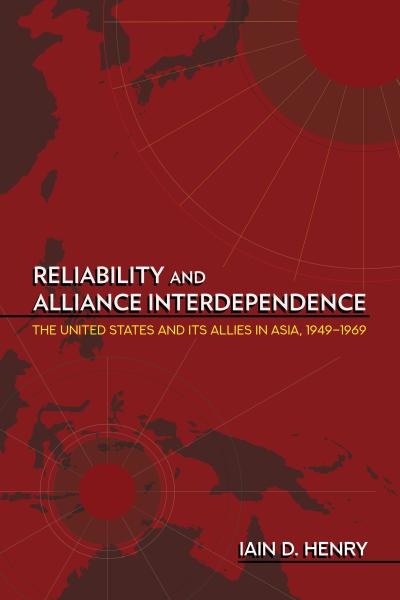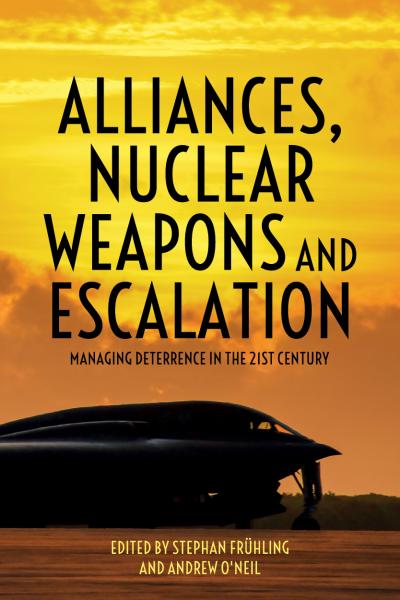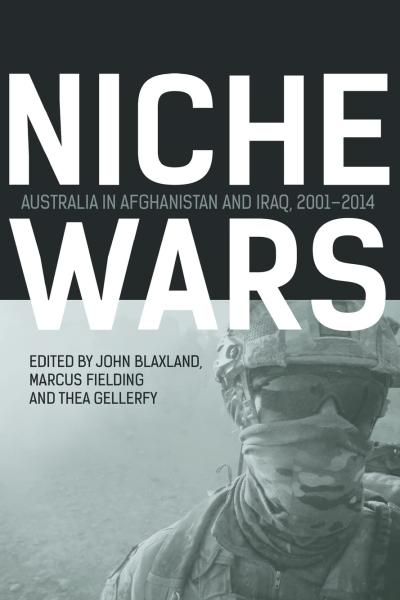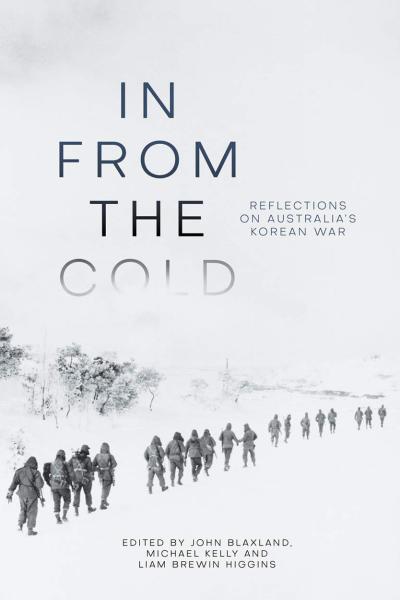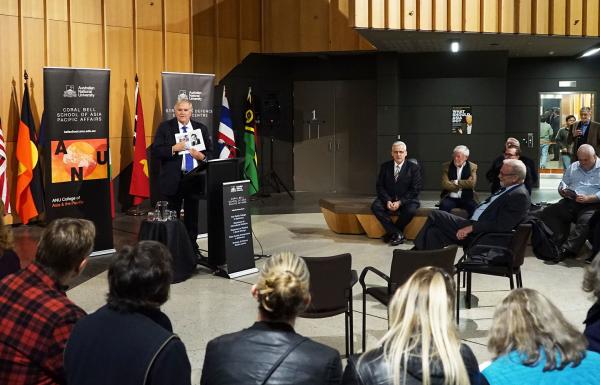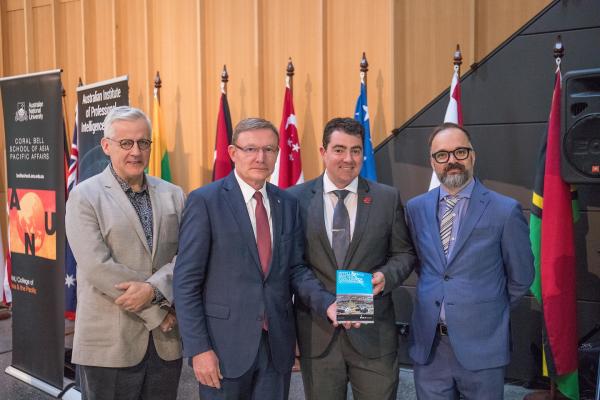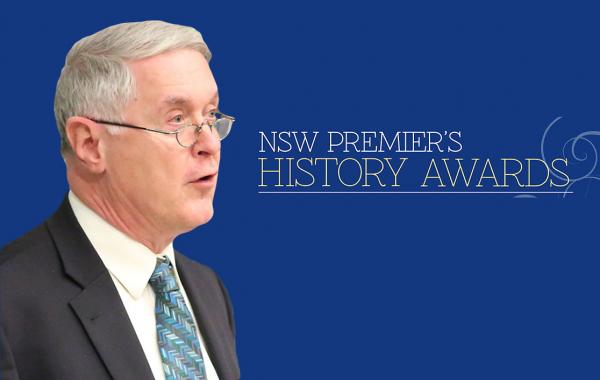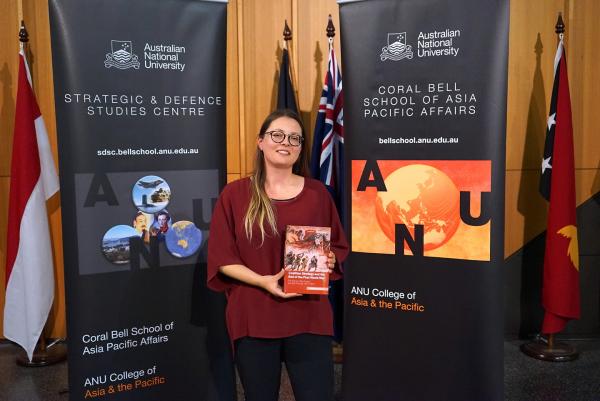The Strategic and Defence Studies Centre (SDSC) is home to a team of academics who specialise in military operations, operational, military and war history, military culture and intelligence studies across Australia, Asia, Europe and the United States. Our research informs better understanding of how armed conflict has occurred in the past and how the future will encompass continuities as well as revolutions in the nature of such conflicts. Our team provides the firm foundation in military operations, cultures and history essential to navigating a potentially turbulent future.
At the Strategic and Defence Studies Centre we understand strategic studies as the analysis of force in its political context. Within strategic studies, the Centre's core areas of expertise consist of three related research clusters.
Research clusters
Australian defence
The Strategic and Defence Studies Centre (SDSC) research has long been at the forefront of Australian defence policy debate and development. We are particularly renowned for our work on the conceptual foundations of Australian strategic policy and many key scholarly texts on Australia's defence have been written here. Two core questions drive the Centre's research in this area:
- What kind of armed forces should Australia have?
- How and under what conditions should these be committed?
SDSC has brought the traditional strengths and virtues of scholarship to bear upon these questions and also reflects the deep experience and contribution of policy practitioners who have turned to the academic study of Australian strategic and defence policy questions.
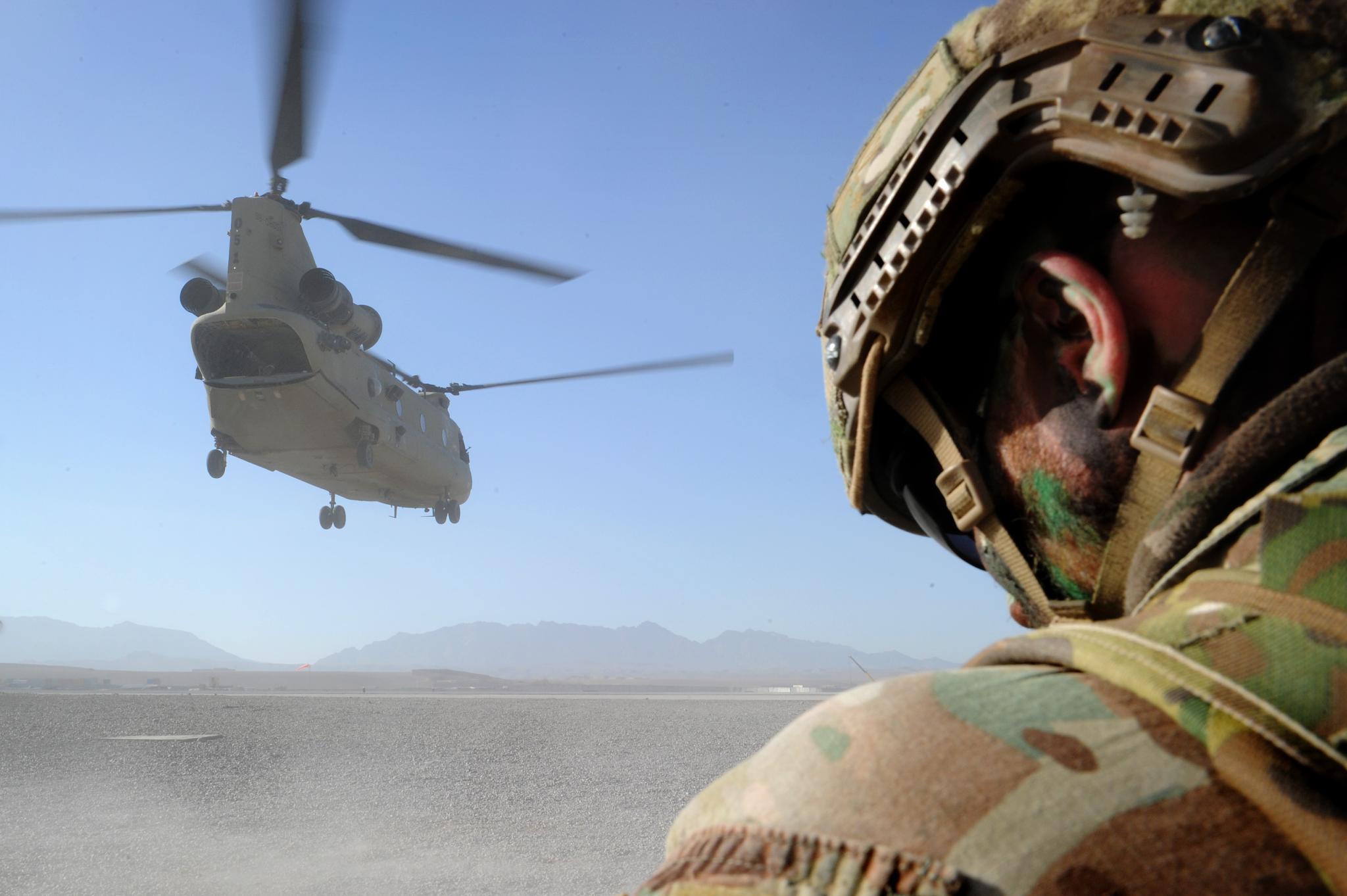
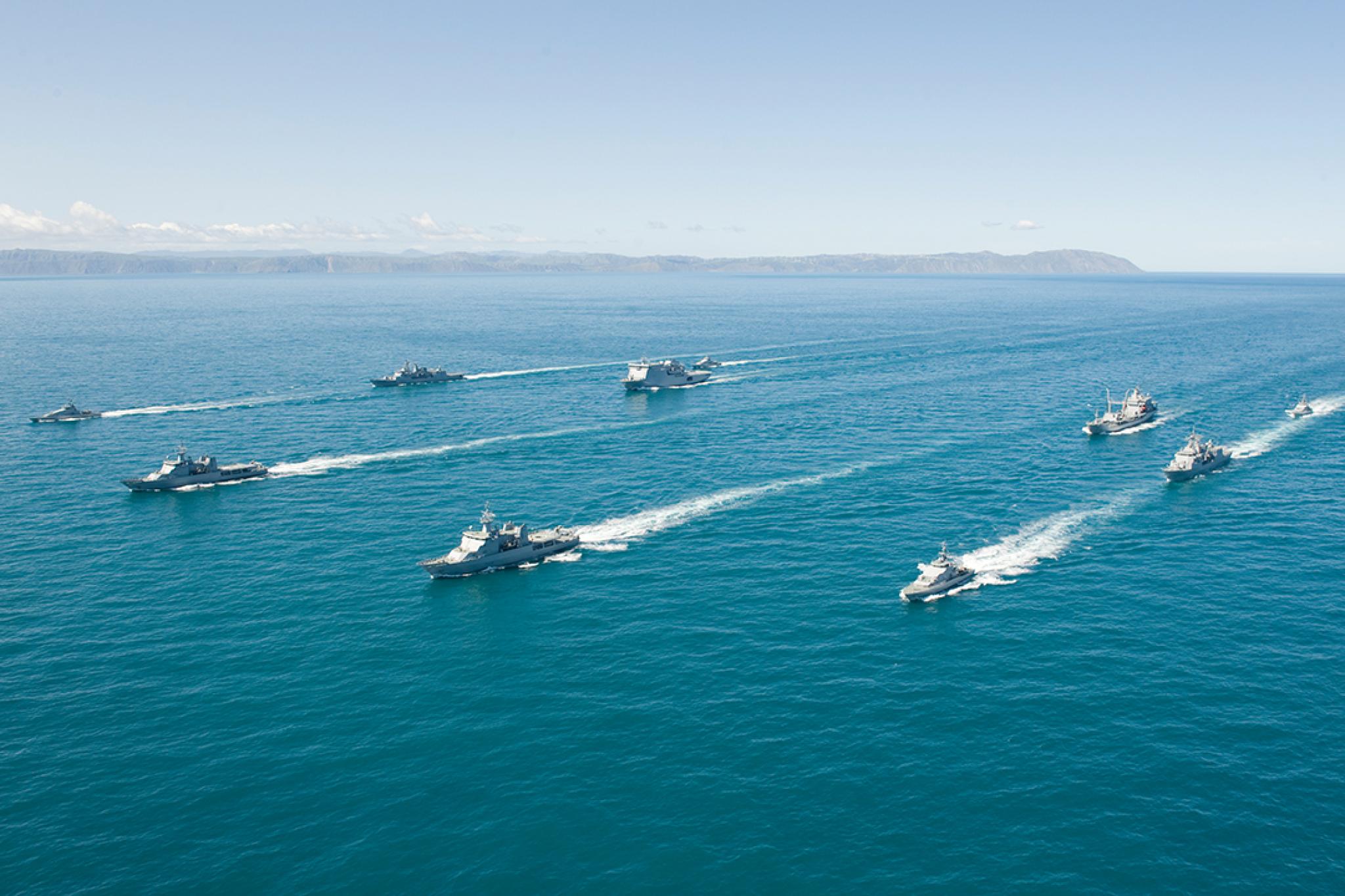
Asia-Pacific security
The Strategic and Defence Studies Centre (SDSC) expertise in Asia-Pacific security spans the entire spectrum of strategic relations across the Asia Pacific. Expertise includes vital strategic relations between the United States, China and Japan and flashpoints such as the Korean peninsula and the East and South China Seas. Our scholars also debate global strategic problems such as nuclear proliferation and maritime security, transnational security challenges and cooperation and the nexus between economic and security issues. Our research in these areas informs our understanding of key strategic challenges and defence priorities in the Asia-Pacific region.
Adding to the strength of this research cluster is the establishment of the Graduate Research and Development Network on Asian Security (GRADNAS), convened by Professor Evelyn Goh. GRADNAS aims to build an international network of key scholars undertaking cutting-edge research on strategic and security issues in Asia, including established scholars from leading universities around the world, as well as advanced doctoral students and promising early career researchers.
The breadth of research expertise, as well as its continuing engagement with issues of strategic relevance is well illustrated by the initiatives managed by our academic community.
Discover the range of publications by our academic community that demonstrates the commitment to scholarly excellence, and showcases our policy-relevant research expertise and engagement.

